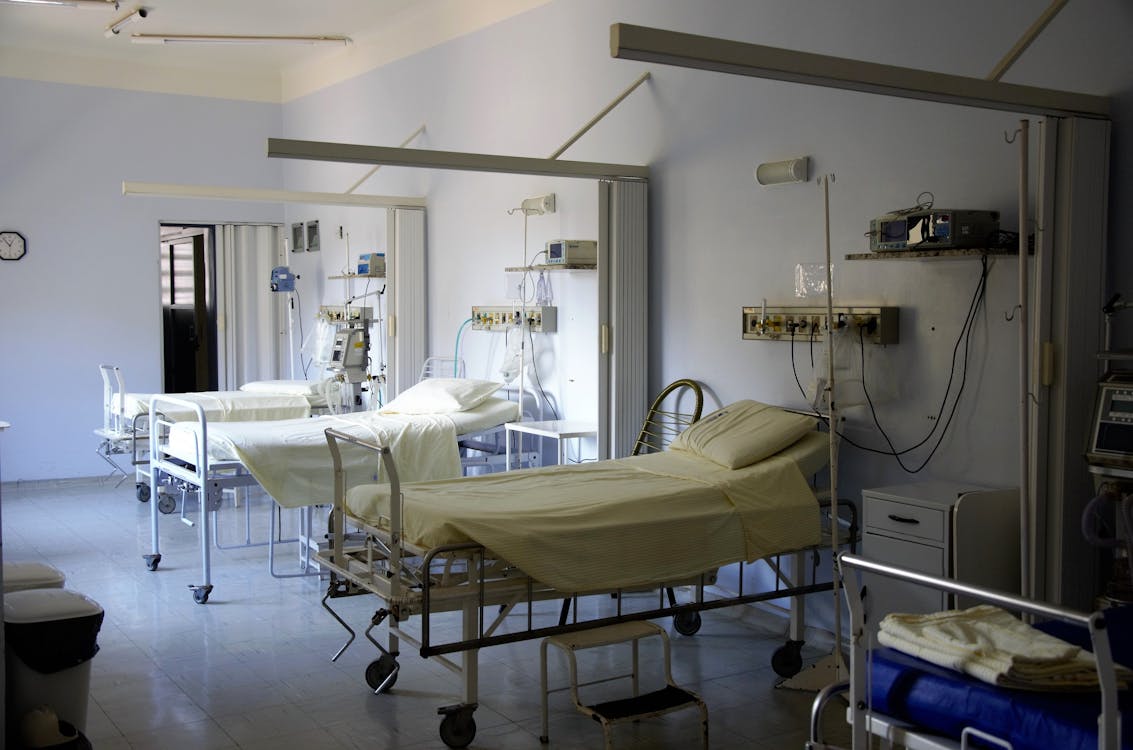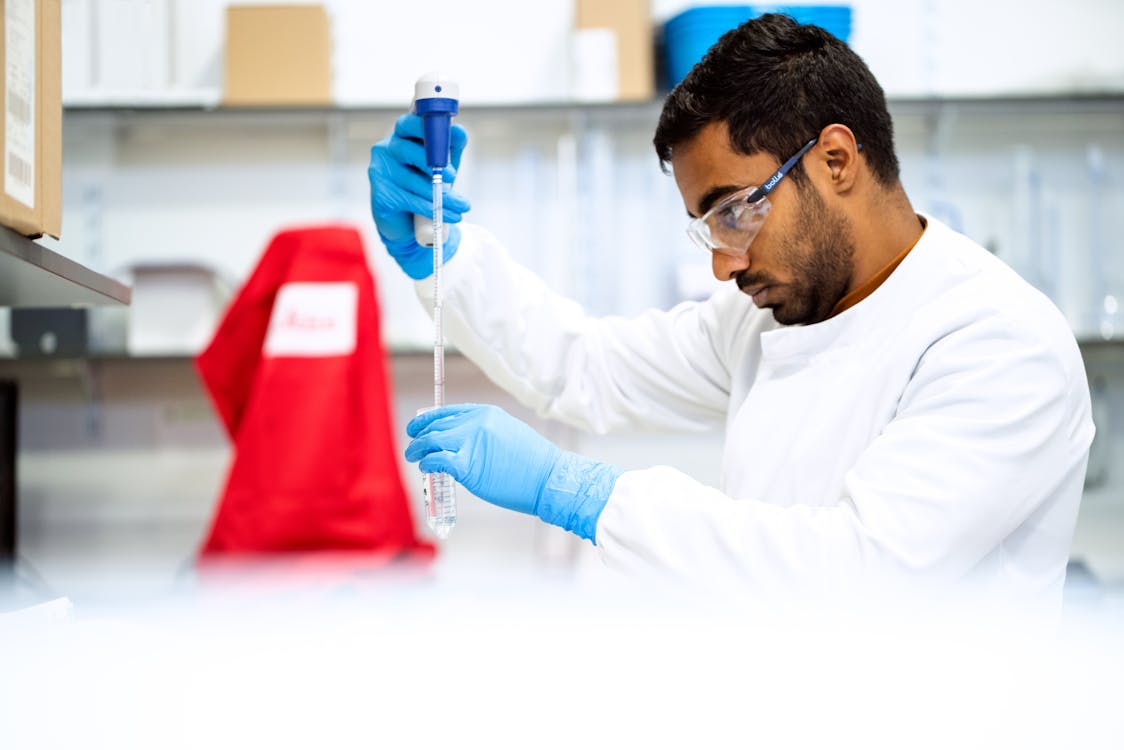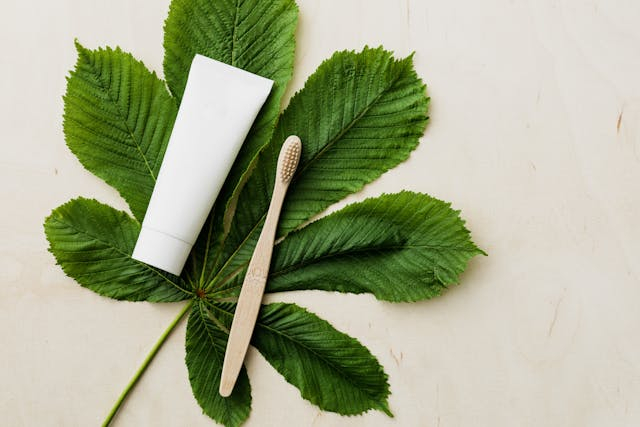June 14, 2020
119 view(s)
Today, we're re-sharing a really good, informative interview with Dr. Rick Sharpee from the NOW Foods Team. (Dr. Rick Sharpee is Director of Science and Nutrition at NOW Health Group. He is responsible for clinical testing for safety and effectiveness, international registrations and technical support for all dietary supplement products.) For a webinar version of this interview, check out the NOW Youtube video. Note that this was first posted in March, so be sure to find the latest COVID-19 info on CDC.gov.
[caption id="" align="aligncenter" width="150"] Rick Sharpee, PhD[/caption]
Rick Sharpee, PhD[/caption]
He received his B.S. degree in Bacteriology from the University of Wisconsin, his M.S. in Microbiology and Immunology from Miami University. His Ph.D. in Microbiology (Virology) is from University of Nebraska. He has over 30 years of experience in infectious disease research, innovative “industry-first” product development, GMP manufacturing and technical market support in the dietary supplement, animal health and pharmaceutical industries. Dr. Sharpee was named a “Top 100 innovator” for developing world’s first vaccine for feline leukemia. He is a co-discoverer of Rotavirus, and the discoverer of Coronavirus in cattle.
NOW: What is your background with the Coronavirus?
Dr. Sharpee: I worked on the discovery and characterization of the bovine (cattle) Coronavirus, to create original research for the Ph.D. degree in Microbiology at University of Nebraska. About this same time, I published an article in “Lancet” (a premier medical journal) predicting Coronaviruses in humans and horses. Further, I proposed that Corona viruses could be classified into 2 subgroups based on acid sensitizing for the respiratory form, and acid resistance for the enteric form.
NOW: Is the Coronavirus more dangerous than the regular flu?
Dr. Sharpee: Coronavirus in humans is a severe upper respiratory tract disease similar to the flu (Influenza) but has been shown to be more invasive and deadly in humans. This is due to its ability to rapidly multiply and spread in lung tissue, destroying the cells that line the lungs, destroying the ability of the lung to absorb oxygen. The patient becomes starved for oxygen and essentially dies from asphyxiation.
It’s also important to note that this Coronavirus (COVID-19) is not the same virus that is responsible for SARS (Severe Acute Respiratory Syndrome) that first appeared in the early 2000’s. Additionally, it has been suggested this virus is less severe than the virus responsible for SARS since mortality rates are around 2% while SARS is near 14-15%.

The outbreak is believed to have begun in a seafood and poultry market in Wuhan, a city of 11 million people in central China. The virus is readily transmitted from person to person, scientists believe.
NOW: Who is at more risk for contracting it?
Dr. Sharpee: Anyone exposed to someone who is demonstrating symptoms of the disease which are similar to the symptoms of Cold, Flu and pneumonia. But anyone who has a compromised immune system, the very young and very old. Plus, anyone living and working in the part of China (the city of Wuhan) where the epidemic broke out.
Symptoms are similar to Cold & Flu making clinical diagnosis difficult. These include: fever, cough, runny nose, sinus congestion and nasal discharge, sore throat. World health authorities have a name for this novel Coronavirus illness: COVID-19.
NOW: If someone suspects they may have contracted it or have been exposed to it, what is the protocol they should follow?
Dr. Sharpee: Since there is currently no vaccine to prevent the disease, the best way to prevent infection is to avoid being exposed to this virus. However, as a reminder, CDC always recommends everyday preventive actions to help prevent the spread of respiratory viruses, including:
Avoid close contact with people who are sick.
Avoid touching your eyes, nose, and mouth with unwashed hands.
Stay home when you are sick.
Cover your cough or sneeze with a tissue, then throw the tissue in the trash.
Clean and disinfect frequently touched objects and surfaces using a regular household cleaning spray or wipe.
Follow the CDC’s recommendations for using facemask... The use of facemasks is also crucial for health workers and people who are taking care of someone in close settings (at home or in a health care facility).

Wash your hands often with soap and water for at least 20 seconds, especially after going to the bathroom; before eating; and after blowing your nose, coughing, or sneezing.
If soap and water are not readily available, use an alcohol-based hand sanitizer with at least 60% alcohol. Always wash hands with soap and water if hands are visibly dirty.
For information about handwashing, see CDC’s Handwashing website.
For information specific to healthcare, see CDC’s Hand Hygiene in Healthcare Settings.
These are everyday habits that can help prevent the spread of several viruses. CDC does have specific guidance for travelers.
NOW: How is the disease diagnosed?
Dr. Sharpee: CDC has a two-phase approach for serology testing, using two screening tests and one confirmatory test to detect antibodies to the virus.
ELISA, or enzyme-linked immunosorbent assay, is a screening test used to detect the presence and concentration of specific antibodies that bind to a viral protein. CDC tests by ELISAS for antibodies against two different viral proteins, the nucleocapsid (N) and spike (S).
If a clinical sample is determined to be antibody-positive by either ELISA, CDC then uses the microneutralization test to confirm the positive result.
The microneutralization assay is a highly specific confirmatory test used to measure neutralizing antibodies, or antibodies that can neutralize virus. This method is considered a gold standard for detection of specific antibodies in serum samples. However, compared with the ELISA, the microneutralization assay is labor-intensive and time-consuming, requiring at least 5 days before results are available.







